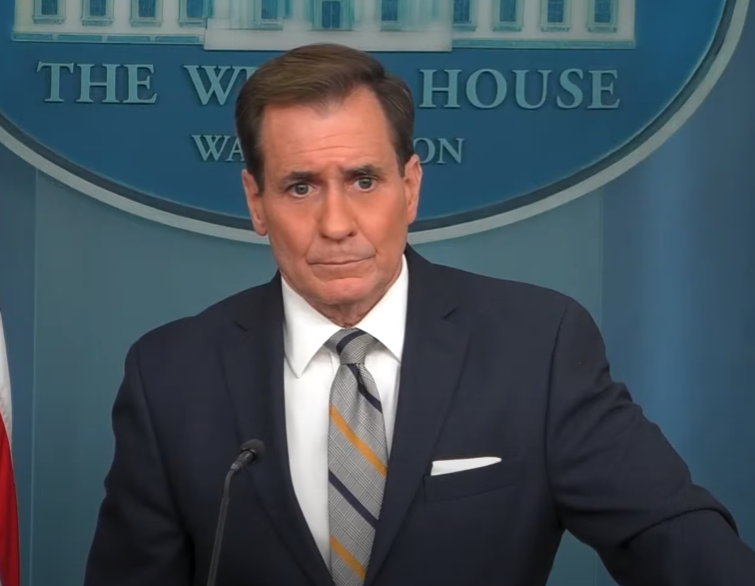ISW: Russia continues to use social media to interfere in elections and destabilize
The US State Department imposed sanctions on entities connected to Russia Today for alleged involvement in covert influence and information operations across multiple continents.


The Institute for the Study of War (ISW) reported on 18 September that recently leaked documents reveal Russia’s ongoing efforts to leverage global information instruments, particularly social media, to advance Moscow’s interests abroad.
According to the ISW, these campaigns demonstrate “the Kremlin’s commitment to leveraging its global information instruments to advance Moscow’s interests using social media.”
Meta, the parent company of Facebook, Instagram, and WhatsApp, took action on 17 September by banning Russian state media outlet Russia Today (RT) and “other related entities” for what it termed “foreign interference activity.”
The US State Department has also responded to these alleged activities. On 13 September, it announced sanctions against entities and individuals connected with RT. The State Department accuses these targets of “engaging in information operations, covert influence, and military procurement efforts for the Kremlin by targeting states in Europe, Africa, and North and South America.”
An investigation by Radio Free Europe/Radio Liberty’s (RFE/RL) Schemes project has shed light on the operations of the Russian “Social Design Agency” (SDA). Recently identified by the US Department of Justice as part of the Kremlin’s “Doppelganger” complex malign influence operations, this company has reportedly been involved in distributing fake official documents.
The Schemes project reports that these fabricated materials include “orders from the Ukrainian Ministry of Defense and Ukrainian Commander-in-Chief General Oleksandr Syrskyi.”
The SDA describes its efforts as aimed at “discredit[ing] the military-political leadership of Ukraine and demoralizing [ing] the [Ukrainian] Armed Forces.”
According to the report, the agency’s activities extend beyond Ukraine, creating “fake documents allegedly from European government entities, fake news stories allegedly from European outlets, and anti-Ukrainian memes that spread widely on social media.”
The ISW assessed that “Russia is continuing its efforts to develop capabilities to use information operations on social media platforms to trigger kinetic activity and conduct election interference, destabilization measures, and sanctions evasion schemes.”
Read also:
- ISW: Ukraine advances in Vovchansk, near Pokrovsk, Russians make gains near Kreminna and Chasiv Yar
- Forbes: Ukraine employs encirclement strategy in Kursk to potentially trap thousands of Russian troops
- German FM says Moldova Russia’s next target if Ukraine falls
You could close this page. Or you could join our community and help us produce more materials like this.
We keep our reporting open and accessible to everyone because we believe in the power of free information. This is why our small, cost-effective team depends on the support of readers like you to bring deliver timely news, quality analysis, and on-the-ground reports about Russia's war against Ukraine and Ukraine's struggle to build a democratic society.
A little bit goes a long way: for as little as the cost of one cup of coffee a month, you can help build bridges between Ukraine and the rest of the world, plus become a co-creator and vote for topics we should cover next. Become a patron or see other ways to support.



